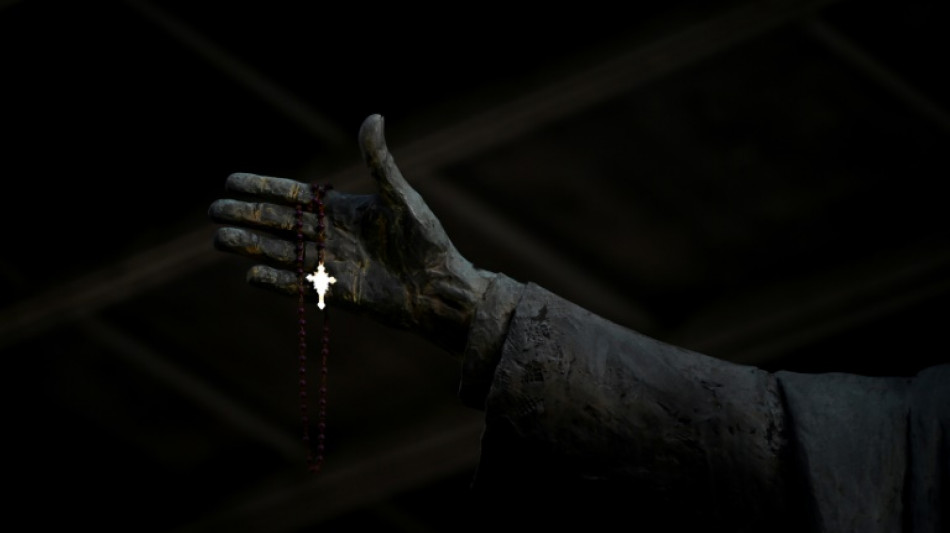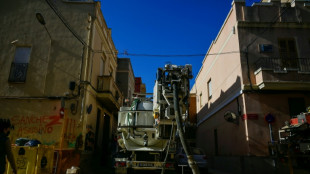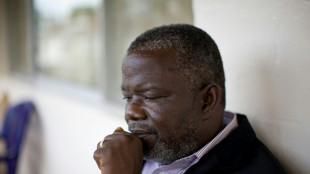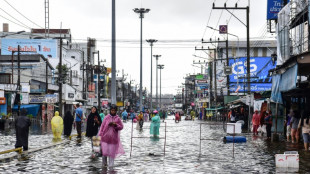

'On brink of abyss,' Polish church ignores warning signs
With empty pews and seminaries and its moral authority in free fall, Poland's Catholic church is on the brink of the abyss, a reality analysts say it is choosing to ignore.
The election last week of Tadeusz Wojda -- known solely for his anti-LGBTQ statements -- as head of the Polish church promises no change, observers told AFP.
Moreover, the selection of the archbishop considered "a man of continuity" comes soon after two of the country's bishops resigned amid accusations of covering up child sexual abuse by priests.
"It's a sign that Poland's bishops aren't aware of the situation that the church is in," Catholic commentator Ignacy Dudkiewicz told AFP.
Yet, alarm bells are ringing.
Only 71 percent of Poles describe themselves as Catholic, down from 88 percent a decade ago, according to the latest national census, from 2021.
Less than a third of the faithful went to Sunday mass that year, the lowest figure since 1980, according to Poland's Institute for Catholic Church Statistics.
The number of baptisms fell by 40 percent between 2017 and 2022, and families have been taking their children out of religion class in droves, especially in big cities.
Faced with a lack of interest, three seminaries recently closed their doors.
The roughly 200 priests ordained last year were half that of a decade ago, prompting some bishops to recruit priests from Africa to fill the gap.
Among young Poles, the late homegrown Pope John Paul II -- once a beloved national hero whose likeness graces hundreds of statues across the country -- is nothing more than a subject of memes.
The church's moral authority, which it earned as a bastion of resistance during the communist era, is something of the past.
A church spokesperson did not respond to AFP's request for comment.
- 'In ruins' -
The previous head of the episcopate left Poland's church "in ruins" after a decade of governance, according to theologian Stanislaw Obirek.
"The church has been abandoned by the Catholics themselves," said the former Jesuit, adding that it is "on the brink of the abyss" and its new head guarantees no reform.
The list of the church's failings is long, beginning with the paedophilia scandals and the institution's inability to manage them.
Fourteen bishops have been punished by the Vatican for sexual assault scandals in recent years.
"The matter of sex crimes is not over. It's just the beginning," theologian Zuzanna Radzik told AFP, explaining that cases of harassment at seminaries and religious orders had yet to be examined.
The church's alliance with the former government has also not helped its reputation.
"For years, Poland's bishops blackmailed successive governments in order to obtain gains for the church or themselves," Dudkiewicz said.
They notably backed a massive campaign against "LGBTQ ideology" waged by the previous right-wing Law and Justice (PiS) government.
The new head of the episcopate personally played a role in the crusade.
In 2019, he publicly opposed a gay pride parade in the eastern city of Bialystok, saying it "mocked faith and corrupted the youngest" members of society.
Thanks to the alliance, the church benefited from financial privileges, political influence and also a certain impunity, as the judiciary was often reluctant to prosecute paedophilia.
But that power and influence is now in the past.
- 'Less' -
A 2022 survey by Ipsos found that just two percent of Poles saw bishops as a moral authority.
In elections last October, the majority of Poles backed a pro-European coalition that promised, among other things, to separate church and state, liberalise access to the morning-after pill and reduce the number of hours of religion in schools.
"Poles decided they had enough of the church as an institution acting as a supervisor... of society," Dominican friar Pawel Guzynski told the Gazeta Wyborcza daily.
Analysts agree, with Dudkiewicz affirming that "the new government holds all the cards" rather than the bishops, whom the faithful see as "disconnected from reality".
He said the bishops should get used to the notion of less: "fewer priests, less money, less influence, less authority".
"And for now they don't seem to know how to respond."
C.Maier--MP




